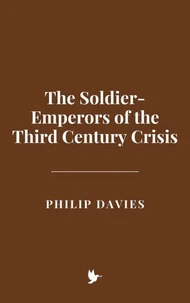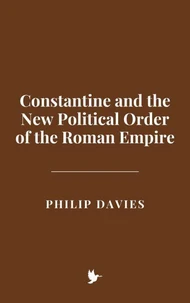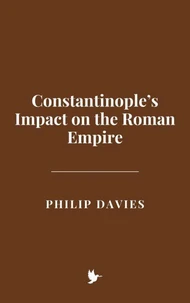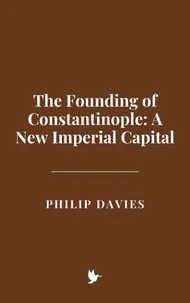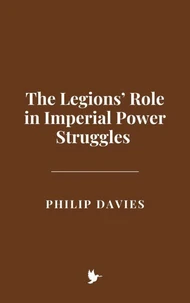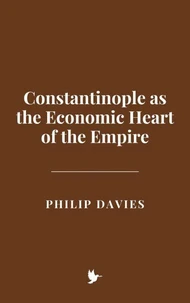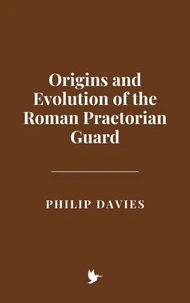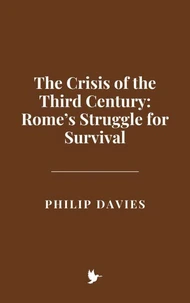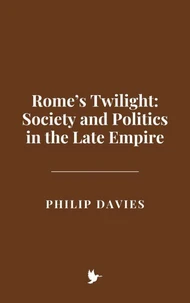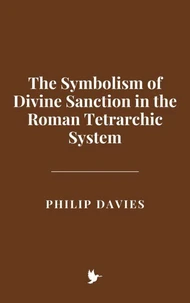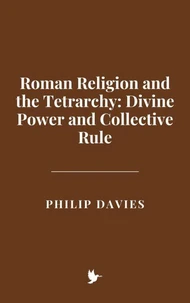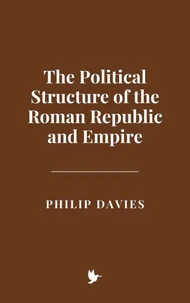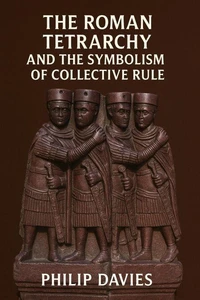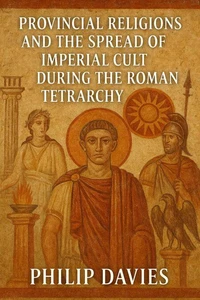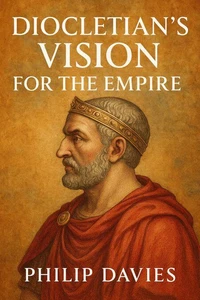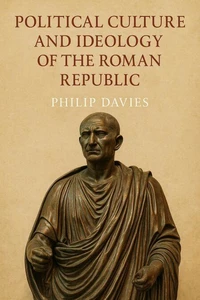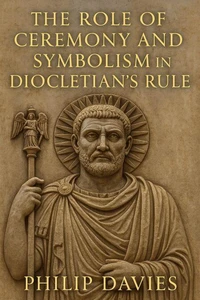Patronage and Clientela: Networks of Power and Dependency in the Roman Republic
Par :Formats :
Disponible dans votre compte client Decitre ou Furet du Nord dès validation de votre commande. Le format ePub est :
- Compatible avec une lecture sur My Vivlio (smartphone, tablette, ordinateur)
- Compatible avec une lecture sur liseuses Vivlio
- Pour les liseuses autres que Vivlio, vous devez utiliser le logiciel Adobe Digital Edition. Non compatible avec la lecture sur les liseuses Kindle, Remarkable et Sony
 , qui est-ce ?
, qui est-ce ?Notre partenaire de plateforme de lecture numérique où vous retrouverez l'ensemble de vos ebooks gratuitement
Pour en savoir plus sur nos ebooks, consultez notre aide en ligne ici
- FormatePub
- ISBN8230297017
- EAN9798230297017
- Date de parution23/05/2025
- Protection num.pas de protection
- Infos supplémentairesepub
- ÉditeurIndependently Published
Résumé
In Patronage and Clientela: Networks of Power and Dependency in the Roman Republic, Philip Davies offers a groundbreaking exploration of one of ancient Rome's most pivotal social institutions. This meticulously researched study reveals how patronage and clientela formed the very backbone of Roman political, economic, religious, and social life. Far beyond a simple relationship of favors, these networks of loyalty and obligation shaped the dynamics of power, identity, and community from the Republic's earliest days through its turbulent final centuries.
Davies traces the origins and evolution of patron-client bonds, examining their role in electoral politics, legal advocacy, military service, and urban life. Through deep analysis of primary sources-including Cicero's speeches, Livy's histories, and inscriptions scattered across the Roman world-he illuminates how patrons wielded influence by distributing economic resources, sponsoring public rituals, and commanding personal loyalty.
The book also probes the challenges patronage faced amid social upheaval, reform movements, and civil war, revealing its adaptability and complexity. Blending rigorous scholarship with accessible narrative, this volume situates Roman patronage in broader Mediterranean and comparative contexts, highlighting its enduring legacy in political thought and social organization. Essential reading for scholars and enthusiasts of ancient history, Patronage and Clientela uncovers the human networks that forged Rome's power and shaped its enduring story.
Davies traces the origins and evolution of patron-client bonds, examining their role in electoral politics, legal advocacy, military service, and urban life. Through deep analysis of primary sources-including Cicero's speeches, Livy's histories, and inscriptions scattered across the Roman world-he illuminates how patrons wielded influence by distributing economic resources, sponsoring public rituals, and commanding personal loyalty.
The book also probes the challenges patronage faced amid social upheaval, reform movements, and civil war, revealing its adaptability and complexity. Blending rigorous scholarship with accessible narrative, this volume situates Roman patronage in broader Mediterranean and comparative contexts, highlighting its enduring legacy in political thought and social organization. Essential reading for scholars and enthusiasts of ancient history, Patronage and Clientela uncovers the human networks that forged Rome's power and shaped its enduring story.
In Patronage and Clientela: Networks of Power and Dependency in the Roman Republic, Philip Davies offers a groundbreaking exploration of one of ancient Rome's most pivotal social institutions. This meticulously researched study reveals how patronage and clientela formed the very backbone of Roman political, economic, religious, and social life. Far beyond a simple relationship of favors, these networks of loyalty and obligation shaped the dynamics of power, identity, and community from the Republic's earliest days through its turbulent final centuries.
Davies traces the origins and evolution of patron-client bonds, examining their role in electoral politics, legal advocacy, military service, and urban life. Through deep analysis of primary sources-including Cicero's speeches, Livy's histories, and inscriptions scattered across the Roman world-he illuminates how patrons wielded influence by distributing economic resources, sponsoring public rituals, and commanding personal loyalty.
The book also probes the challenges patronage faced amid social upheaval, reform movements, and civil war, revealing its adaptability and complexity. Blending rigorous scholarship with accessible narrative, this volume situates Roman patronage in broader Mediterranean and comparative contexts, highlighting its enduring legacy in political thought and social organization. Essential reading for scholars and enthusiasts of ancient history, Patronage and Clientela uncovers the human networks that forged Rome's power and shaped its enduring story.
Davies traces the origins and evolution of patron-client bonds, examining their role in electoral politics, legal advocacy, military service, and urban life. Through deep analysis of primary sources-including Cicero's speeches, Livy's histories, and inscriptions scattered across the Roman world-he illuminates how patrons wielded influence by distributing economic resources, sponsoring public rituals, and commanding personal loyalty.
The book also probes the challenges patronage faced amid social upheaval, reform movements, and civil war, revealing its adaptability and complexity. Blending rigorous scholarship with accessible narrative, this volume situates Roman patronage in broader Mediterranean and comparative contexts, highlighting its enduring legacy in political thought and social organization. Essential reading for scholars and enthusiasts of ancient history, Patronage and Clientela uncovers the human networks that forged Rome's power and shaped its enduring story.




